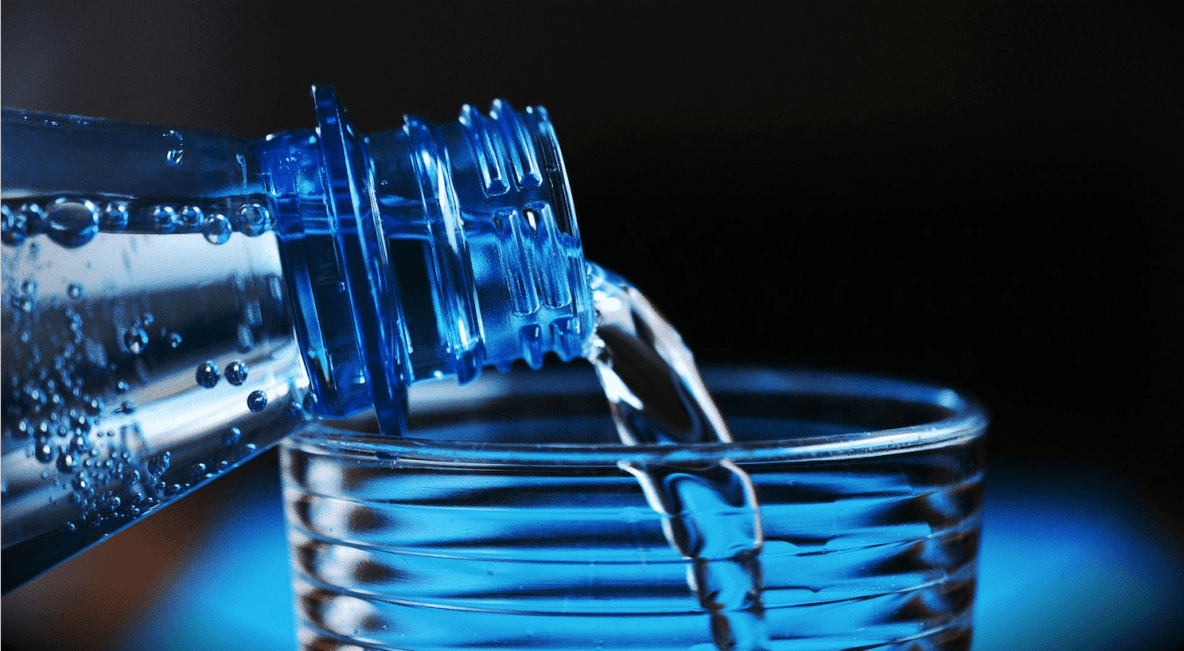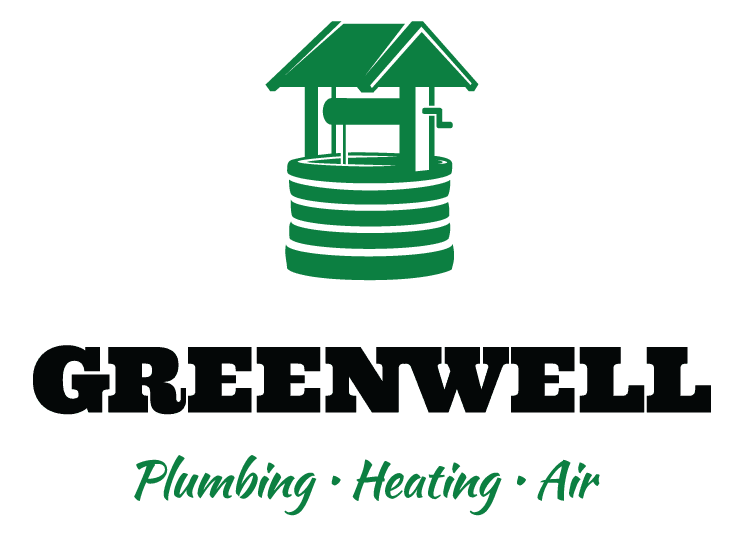Bottled or Tap – What Should You Drink?

As Americans are becoming more environmentally conscious, many are questioning whether it’s better to drink bottled water or tap water. The impact of using plastic bottles is part of the equation, but there are also concerns over the taste and quality of the water.
So, should you choose the bottle or the tap? Let’s take a look.
Safety
If your water isn’t safe to drink, nothing else matters. Luckily, there’s rarely anything to worry about in the US. In fact, according to the nonprofit watchdog group Food & Water Watch, tap water is completely safe, and most bottled water comes from a tap.
In the US, drinking water is regularly tested, monitored, and treated to meet federal standards. Although there have been public water issues in the past, there are laws in place to deal with them. Installing a carbon water filter or a reverse osmosis system will help remove contaminants that may be in the water.
Bottled water manufacturers are regulated by the Food and Drug Administration (FDA), which ensures that the bottling conditions are sanitary and the water remains safe. Bottled water recall incidents are extremely rare.
There’s also some concern about microplastics in bottled water and whether they pose any health risks. If you’re concerned about this, you may want to opt for tap water.
Taste
Multiple studies and blind taste-tests have found that most people tell bottled water brands apart or bottled water from tap water. While tap water sometimes has an “off” taste, that’s usually due to problems like having a high mineral content or chlorine levels rather than a safety issue. A water filter can take care of these problems, leaving you with water that’s virtually tasteless.
Some people prefer the taste of bottled water. If you’re going to purchase bottled water, however, check where it comes from to ensure that you’re not just buying filtered tap water. Some of the FDA-approved classifications for water that comes from underground include “artisan well water,” “mineral water,” “spring water” and “well water.”
Convenience and Cost
There’s no arguing that tap water wins when it comes to both convenience and cost. Tap water is free at most establishments, and a simple turn of the tap provides you with water at home.
Tap water costs about $0.005 per gallon, while a single-serve bottle of water will set you back almost $9.50 per gallon. This is almost 2,000 times more expensive! It’s also far more expensive than a gallon of gas or milk. When you think about it in these terms, it seems crazy to spend your hard-earned money on bottled water. This is especially true when there’s a chance it might simply be filtered tap water.
That being said, if you’re going someplace where tap water isn’t readily available — such as hiking, a road trip or a boat ride — then bottled water is obviously the more convenient option.
Environmental Impact
You might not realize it, but drinking bottled and tap water both have at least some environmental impact. To keep tap water safe for drinking, the water company adds chemicals such as chlorine. If you drink water out of a glass or reusable bottle, you’ll also need to use water and energy to wash it.
However, this doesn’t compare to the impact of single-use plastic bottles. Not only will each bottle eventually end up in a landfill or at a recycling center, but there’s also the energy that goes into making the bottles and labels, bottling the water, transporting it and refrigerating it. It’s estimated that in 2016 alone, US bottled water production used a whopping 4 billion pounds of plastic. This production also required the energy equivalent of 64 million barrels of oil!
So… Which Is Better?
Considering all the facts, it’s safe to say that — in most cases — tap water is a better option. While bottled water has some benefits, it’s expensive, bad for the environment and often similar to tap water.
If you have any concerns about drinking water from your tap, a good water filter is the solution. For help with installation or any other plumbing concerns, contact your neighborhood plumber, Greenwell Plumbing.

